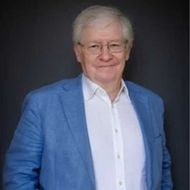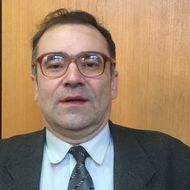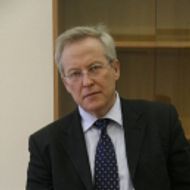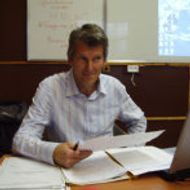- A
- A
- A
- ABC
- ABC
- ABC
- А
- А
- А
- А
- А
- HSE University
- Faculties
- Faculty of World Economy and International Affairs
- School of World Economy
- News
- Transformation of refinery loading as a result of stricter environmental regulations and development of alternative fuels
-
The School
17/1 Malaya Ordynka Str., Moscow, 119017
Phone: +7(495)772-95-90*22237
Email: wec@hse.ru
 The Multilateralism of the New Development Bank on the Sustainable Economic Growth in BRICS Nations and Beyond
The Multilateralism of the New Development Bank on the Sustainable Economic Growth in BRICS Nations and Beyond
Morozkina A., Grigoryev L. M., Gaspardo M. et al.
Emerald Group Publishing Ltd., 2025.
Frontiers in Political Science. 2025. Vol. 7.
Leonid Grigoryev, Morozkina A.
In bk.: The Multilateralism of the New Development Bank on the Sustainable Economic Growth in BRICS Nations and Beyond. Emerald Group Publishing Ltd., 2025. Ch. 6. P. 83-101.
Yakovlev A. A., Freinkman L., Ershova N. V. et al.
QoG Working Paper Series. 2023:19. University of Gothenburg, 2023. No. 19.

Transformation of refinery loading as a result of stricter environmental regulations and development of alternative fuels
Abstract
The oil refining industry is currently challenged by the energy consumption transformation, which requires adaptation of the petroleum products output programs to the decreased demand for certain types of oil products and disbalancing of markets. The authors identify technological processes and world regions under the greatest risk of excess production capacity and analyze the efficiency of management decisions regarding the optimization of loading oil refining process units. The article presents recommendations for the long term optimization of existing capacities, which are based on the combined approach to the oil refining modeling in the context of the largest regions of oil products consumption. The article also shows that the main changes in the balance of supply and demand for petroleum products are local in nature, and the transformation of consumption will not lead to a decrease in oil refining, but also create incentives for additional investment in the industry.
Read the full article:
Transformation of refinery loading as a result of stricter environmental regulations and development of alternative fuels (PDF, 1.04 Мб)
- About
- About
- Key Figures & Facts
- Sustainability at HSE University
- Faculties & Departments
- International Partnerships
- Faculty & Staff
- HSE Buildings
- HSE University for Persons with Disabilities
- Public Enquiries
- Studies
- Admissions
- Programme Catalogue
- Undergraduate
- Graduate
- Exchange Programmes
- Summer Schools
- Semester in Moscow
- Business Internship
- © HSE University 1993–2025 Contacts Copyright Privacy Policy Site Map
- Edit







